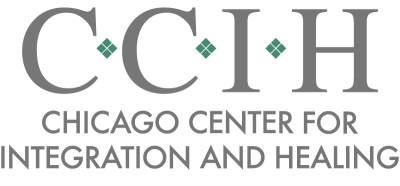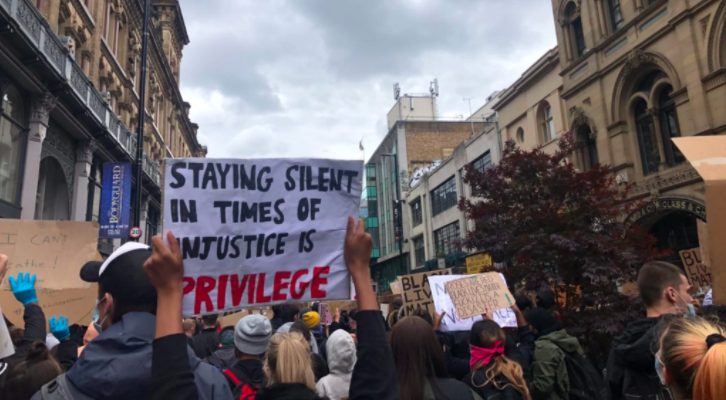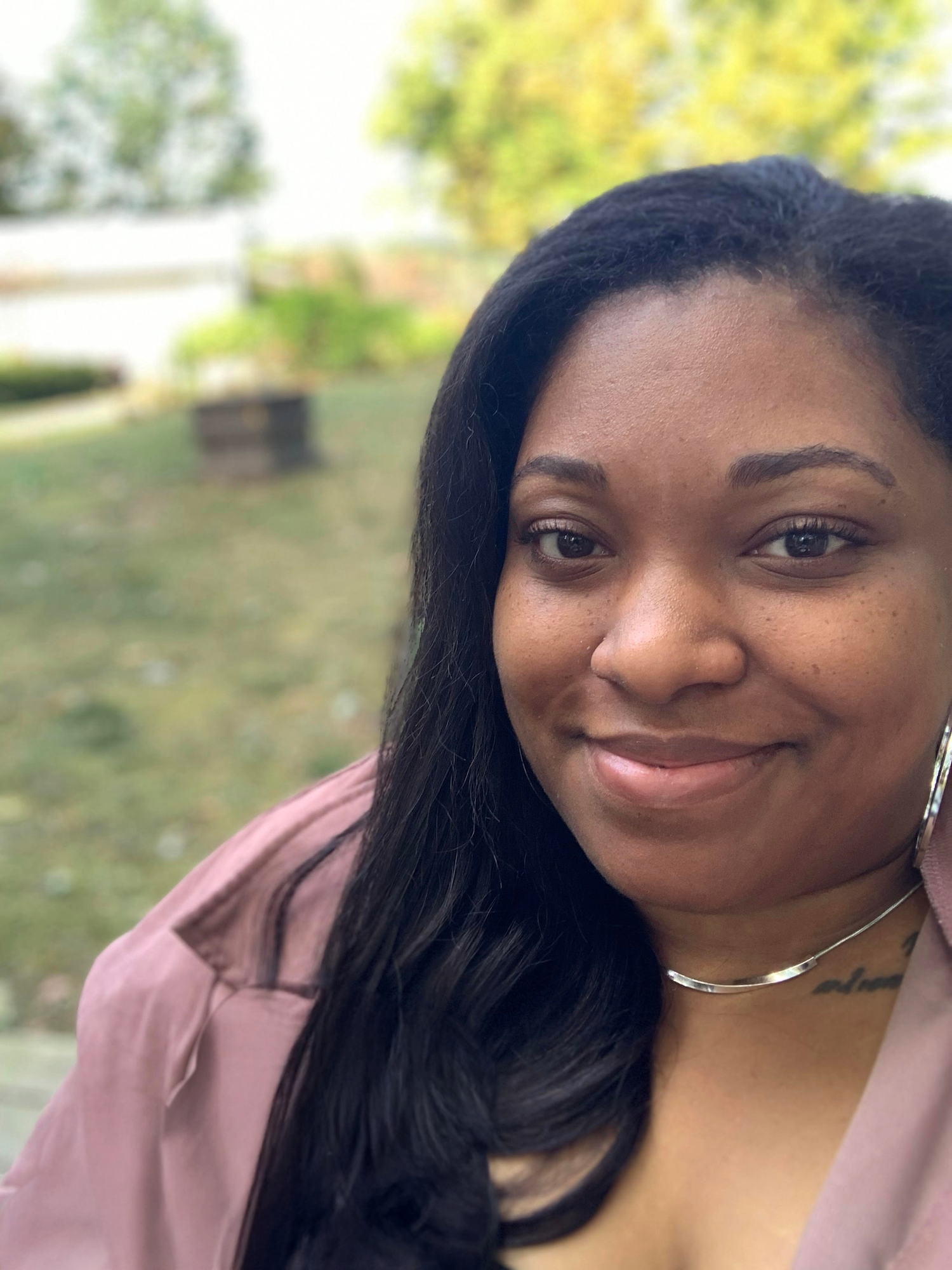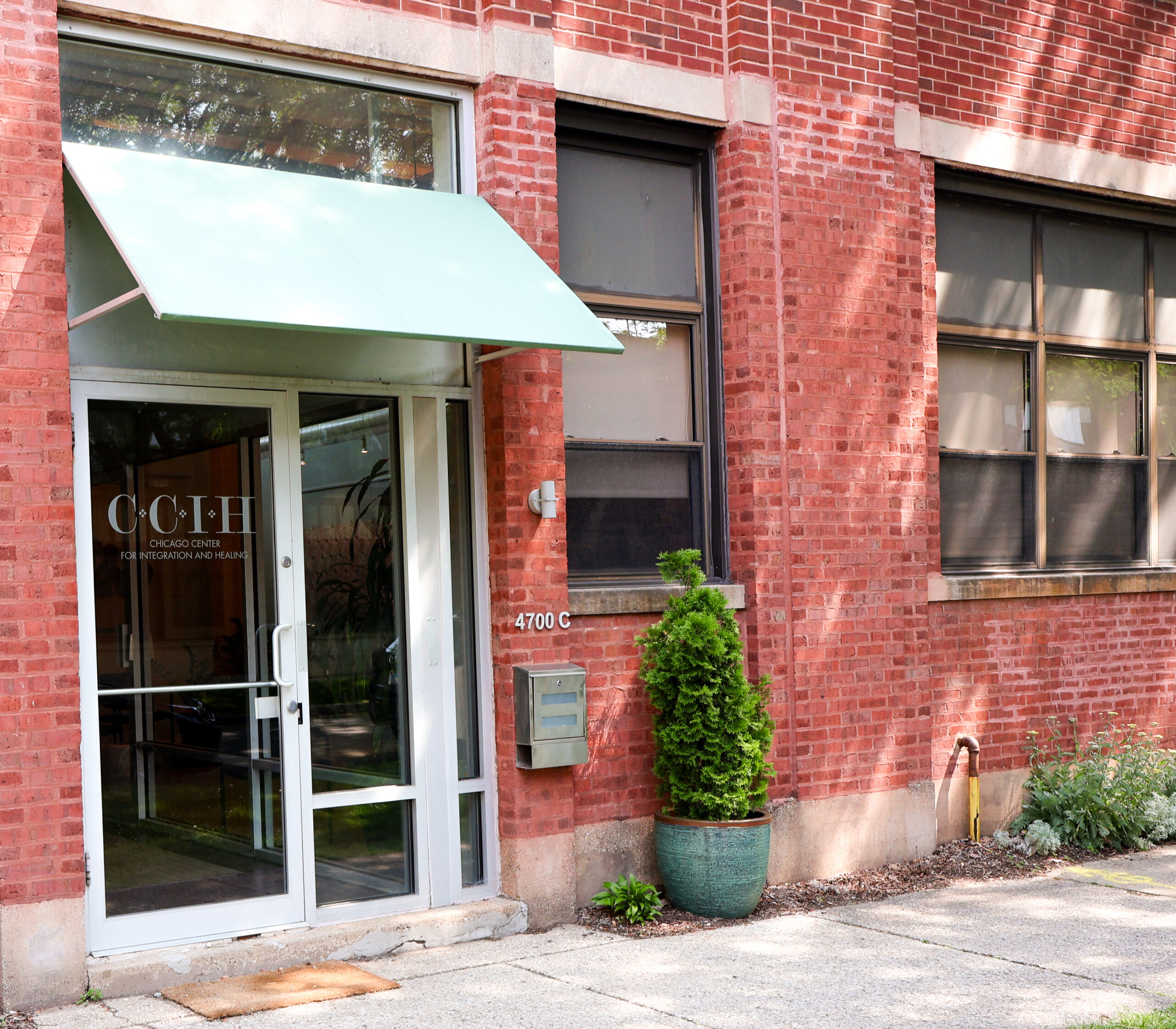We at CCIH find ourselves compelled to reflect on what it means to be a trauma-informed therapist during the current times. The pandemic has shone an ugly light on the reality that there are wide disparities across race and identities in our country. Illuminating very painfully what happens in a country built on principles of otherness and entrenched disparities of power.
Our country and our world have a long history of collective dissociation (“not-knowing”) around the devastating effects of trauma. We are aware that the field of mental health and our own training, steeped in privilege and power, has perpetuated harm by refusing to acknowledge that abuses of power create suffering–the very suffering that leads to mental health diagnoses. We cannot truly treat trauma without acknowledging our own participation in these systems and without actively working to dismantle white supremacy.
As we work to become aware of our present moment experience and the effects of past trauma, we also hold an awareness of the violence and oppression that many of us and our communities continue to experience daily in the present moment.
We want to renew our commitment to:
- Actively naming, exploring and confronting the impact of racial trauma and white supremacy in our psychotherapy with our clients, in our consultation with other therapists and in all of our training programs.
- Continue to reflect and educate ourselves individually and in community with others around the integration of trauma-informed and anti-oppressive lenses.
- Hold with our clients and in our professional committees that trauma and harm cause human suffering and to advocate for change in our field regarding diagnosis and allocation of resources for mental health care.
- Hold an explicit awareness that the issues in the outside world are also present in our office and to do the ongoing work of bringing our own implicit biases into present-centered awareness in our clinical work, training programs.
- To support and challenge one another in an ongoing exploration of how white supremacy and abuse of power are present in our work.









